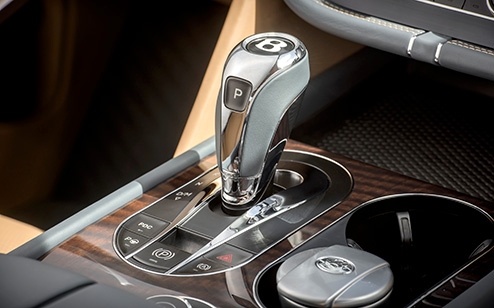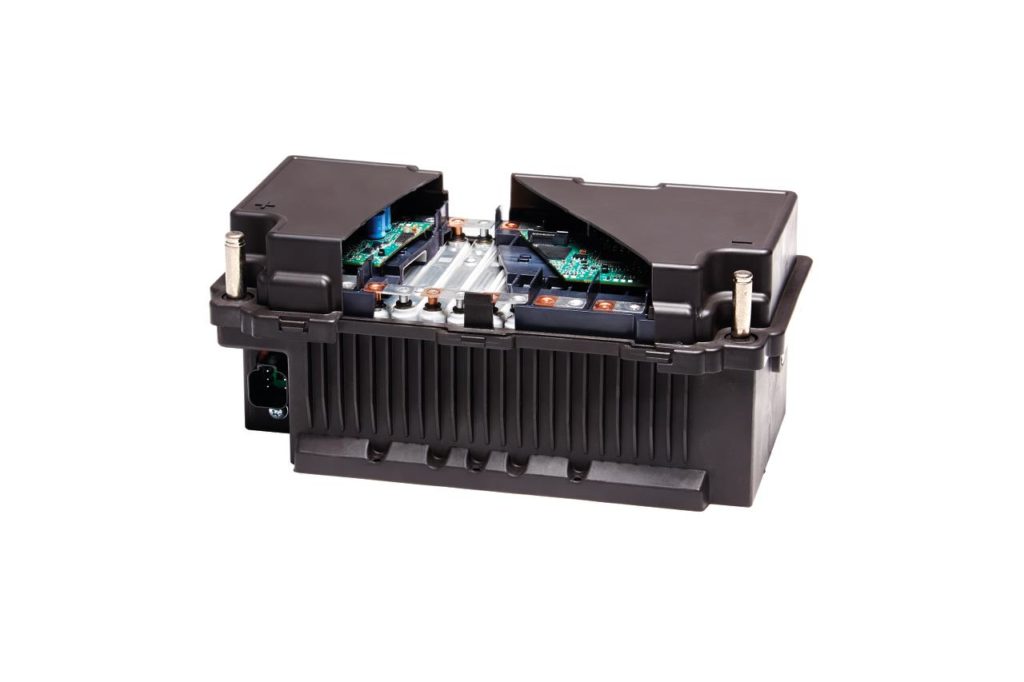
Recognizing that not everyone is yet ready to purchase an all-electric vehicle, but faced with regulatory requirements to meet increasingly stringent fuel economy standards in many jurisdictions around the world, tier 1 suppliers including Johnson Controls are offering auto manufacturers a 48-volt battery system to enable “micro-hybrid” vehicles.
These systems offer much, though not all, of the fuel savings of a traditional hybrid such as the Toyota Prius, but at a significantly lower relative cost. The luxury SUV Bentley Bentayga today includes a 48-volt system which supports Bentley’s Dynamic Ride technology.

According to Allan Cooper, European Projects Coordinator for the European Advanced Lead-Acid Battery Consortium:
The low additional cost of introducing 48V mild hybrid powertrains is proving a major attraction to carmakers, because it will help them comply with stringent CO2 regulations being introduced in 2020 with even tougher rules following in 2025.
The 48-volt system does not propel the vehicle on its own, but it does improve fuel economy by capturing power through regenerative braking to support heavy electrical loads such as (1) an air conditioner compressor and (2) an electric traction motor to supplement the internal combustion engine.
A 48-volt system is in addition to, and does not replace, the ubiquitous 12-volt systems which support light loads such as lighting, audio, and ignition in today’s cars. Fully electric vehicles such as Teslas, Nissan’s Leaf, and Volkswagen’s e-Golf, on the other hand:
- utilize many high-capacity lithium-ion batteries reaching hundreds of volts;
- store many times as much energy;
- produce zero tailpipe emissions; and
- offer dramatically reduced complexity and ownership costs due to the elimination of nearly every mechanical component in a vehicle powered by an internal combustion engine.
While the benefits of incorporating a 48-volt system in otherwise-traditional vehicles fall far short of the game-changing advances in fully-electric vehicles, incorporating a 48-volt system nonetheless improves fuel economy by 12 to 15 percent and at a lower cost per unit of efficiency. Volkswagen, for one, has acknowledged plans to include a 48-volt system in the Golf, Passat, Audi A3, and other vehicles such as the Bentley mentioned above.
By providing power for the many high-energy systems in today’s vehicles, 48-volt batteries are a relatively low-cost stepping-stone in the march toward greater electrification and, if incorporated into millions of vehicles, do represent a meaningful (yet modest) increase in fuel economy and decrease in tailpipe emissions.
I invite you to view my other posts and sign up to receive future posts via email. I also invite you to follow me on LinkedIn and Twitter, and to contact me via my homepage.

